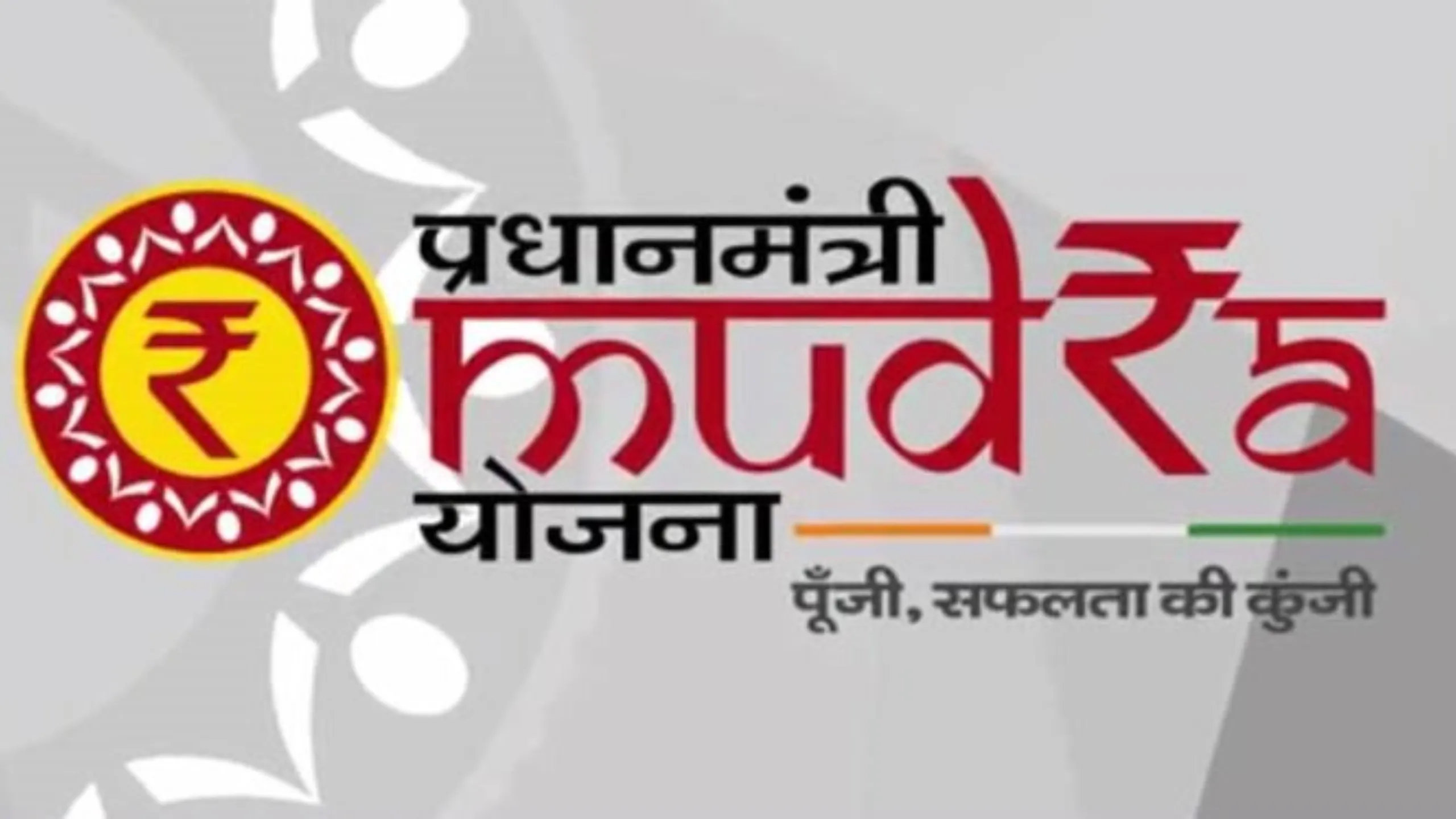Private sector banks have raised concerns over the increasing targets for Mudra loans, citing challenges due to growing stress in loans to micro, small, and medium enterprises (MSMEs). These banks argue that the prescribed targets often surpass their entire MSME lending portfolios, creating operational difficulties.
Banks Highlight Concerns
According to sources, private lenders have pointed out that Mudra loan targets for the current fiscal year are significantly higher, sometimes 10-15 times more than the previous year.
“This issue was discussed during an internal meeting last month,” said a senior bank executive on condition of anonymity. “For some lenders, the targets are disproportionately high compared to their MSME portfolio.”
The Mudra scheme, introduced to provide financial aid to small and micro enterprises, sets loan disbursement targets for all banks, which are mandated by the government.
Performance and New Challenges
In FY23, private and foreign banks exceeded their Mudra loan targets, disbursing 110% of the allocated ₹1.28 lakh crore. However, the introduction of a new category, Tarun Plus, under the Mudra scheme in FY24—allowing loans up to ₹20 lakh—has added further pressure.
“We are conducting an internal review to assess the feasibility of meeting the current targets,” said another banking executive. “There is a strong case to align these targets with the size of banks’ MSME portfolios or their projected growth.”
A recent survey by Ficci and the Indian Banks’ Association revealed that lenders anticipate a 38% rise in non-performing assets (NPAs) in the MSME sector over the next six months.
While the stress on Mudra loans remains limited, private banks warn that the broader MSME sector could face challenges due to rising interest rates and global economic uncertainties.
Government’s Stand and Reassurances
Contrary to banks’ concerns, government officials maintain that Mudra loans are performing well, with non-performing assets in the segment decreasing. NPAs for public sector banks under Mudra loans have dropped to 3.40% in FY24, compared to:
- 4.77% in 2020-21
- 4.89% in 2019-20
- 3.76% in 2018-19
Policy Push for MSMEs
Finance Minister Nirmala Sitharaman has emphasized the importance of collateral-free lending to the MSME sector. She has urged public sector banks to adopt innovative credit risk assessment models, such as cash-flow-based lending, to enhance financial inclusion for small businesses.
Additionally, she announced a significant increase in lending targets for the MSME sector, setting ambitious goals:
- ₹1.54 lakh crore in FY25
- ₹4.21 lakh crore in FY26
- ₹6.12 lakh crore in FY27
The government is also preparing to introduce a ₹100 crore credit guarantee scheme for MSMEs, as announced in this year’s budget. The proposal is expected to be placed before the Union Cabinet for approval soon.
Balancing Growth and Sustainability
The evolving Mudra scheme and its increasing targets reflect the government’s focus on empowering MSMEs as a backbone of the economy. However, addressing the concerns of private banks and ensuring sustainable growth in the sector will be crucial to achieving these goals.
